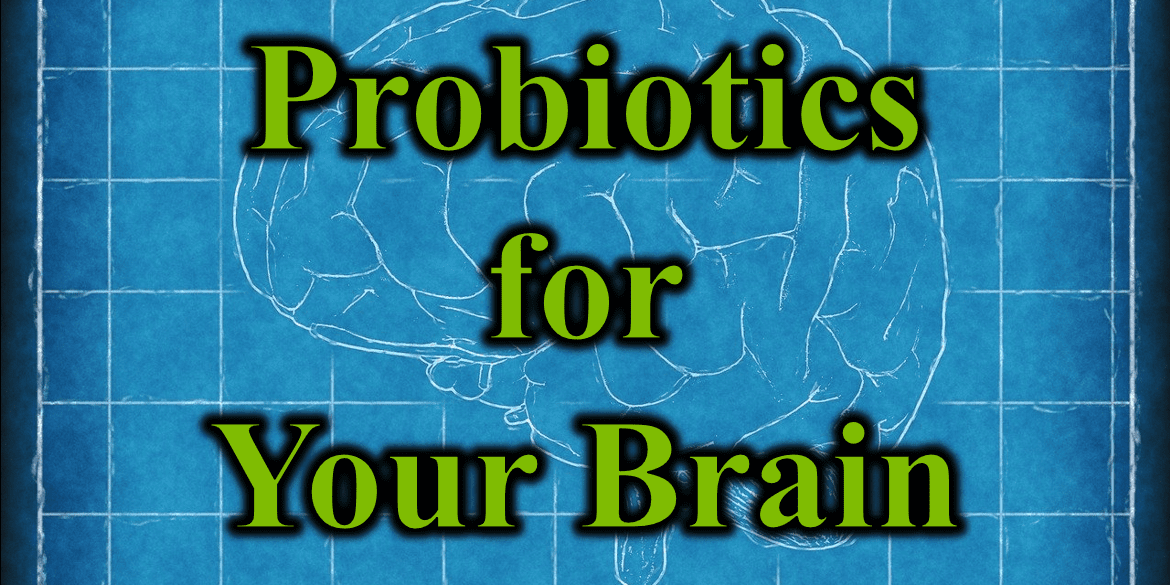The recognition that our gut and its countless bacterial residents play a major role in our overall health is now widespread. Thankfully, more and more research money has been dedicated to uncovering the very complex relationships between these microscopic organisms, their metabolic by-products, and our biochemistry. In this study, one particular bacterial by-product was used to impact on the inflammation found in Multiple Sclerosis patient brains. The therapy offers some promise but also merits some concern.
The researchers from Brigham and Women’s hospital had studied dendritic cells in the brains of multiple sclerosis patients as they clearly could control the extent of inflammation in this disease process. Modifying the dendritic cells to lower inflammation is difficult as the blood brain barrier keeps many chemicals including medications from entering the brain at sufficient concentrations to have therapeutic success. The other issue arises- for instance, any medication administered by mouth lasts only for a short time in the body and then drops down as it is metabolized or excreted. Treating this brain autoimmune disease thus has many challenges.
Researchers found that a chemical used in our metabolism called lactate could influence these dendritic cells to dampen inflammation. With this in mind, they engineered a bacteria to produce lactate and fed it to lab mice. With the bacteria in the colon making lactate, the chemical made it to the brain cells and appeared to lower inflammation. While the bacteria never left the colon, the lactate did. This offers some hope of using bacteria to create internal therapy factories leading to ongoing presence of a therapy without having to constantly take the medication by mouth.
In the spirit of looking at pros and cons of any therapy, I do want to point out some concerns. First, two types of lactate exist in our bodies. One is made by us in burning carbs for calories when insufficient oxygen is available such as during exercise. This is called L-lactate. The other is not produced by our cells but by many bacteria in our gut and is called D-lactate. They are mirror images of each other, but our body can only work with the “L” form. If too much of the “D” form is produced by bacteria, we can experience a condition called acidosis in which we will feel fired, experience muscle fatigue, and other symptoms. Without full access to the article rather than the summary online, I do not know if the engineered probiotic produced the “D” or “L” form of lactate.
My other concern is that engineered bacteria may have other downstream effects. One could consider them “GMO”’s and turn instead to other already-existing natural probiotics which produce Lactate or choose to eat foods that encourage the growth of these lactate producing bacteria. Other than these concerns though, I am very interested to see what comes of this research in terms of probiotic therapies for autoimmune diseases. Helping our patients at Sanctuary with autoimmune diseases live healthier, more abundant lives requires this research followed by careful and thoughtful application of the findings to actual patient care.
Primary Article:
Liliana M. Sanmarco, Joseph M. Rone, Carolina M. Polonio, Gonzalo Fernandez Lahore, Federico Giovannoni, Kylynne Ferrara, Cristina Gutierrez-Vazquez, Ning Li, Anna Sokolovska, Agustin Plasencia, Camilo Faust Akl, Payal Nanda, Evelin S. Heck, Zhaorong Li, Hong-Gyun Lee, Chun-Cheih Chao, Claudia M. Rejano-Gordillo, Pedro H. Fonseca-Castro, Tomer Illouz, Mathias Linnerbauer, Jessica E. Kenison, Rocky M. Barilla, Daniel Farrenkopf, Nikolas A. Stevens, Gavin Piester, Elizabeth N. Chung, Lucas Dailey, Vijay K. Kuchroo, David Hava, Michael A. Wheeler, Clary Clish, Roni Nowarski, Eduardo Balsa, Jose M. Lora, Francisco J. Quintana. Lactate limits CNS autoimmunity by stabilizing HIF-1α in dendritic cells. Nature, 2023; DOI: 10.1038/s41586-023-06409-6
Thanks to Science Daily:
Brigham and Women’s Hospital. “Engineered probiotic developed to treat multiple sclerosis.” ScienceDaily. ScienceDaily, 9 August 2023. <www.sciencedaily.com/releases/2023/08/230809130602.htm>.
Sanctuary Functional Medicine, under the direction of Dr Eric Potter, IFMCP MD, provides functional medicine services to Nashville, Middle Tennessee and beyond. We frequently treat patients from Kentucky, Alabama, Mississippi, Georgia, Ohio, Indiana, and more... offering the hope of healthier more abundant lives to those with chronic illness.







